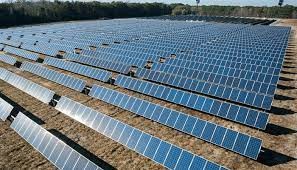The Nigerian Electricity Regulatory Commission (NERC) has officially adopted and released the African Forum for Utility Regulators (AFUR) Mini-Grid Tariff Tool, marking a significant step forward in streamlining the country’s energy sector. This innovative tool, developed in partnership with AFUR and key industry stakeholders, is designed to facilitate the determination of cost-reflective tariffs for mini-grid projects, ensuring fair and efficient pricing across the board.
The tool plays a crucial role in the implementation of the amended Mini-Grid Regulations 2023 by introducing advanced features like Portfolio Applications. This feature allows developers to register multiple mini-grid sites under a single application, significantly simplifying administrative processes. By fostering efficient regulatory oversight and leveraging economies of scale, this approach is set to reduce end-user tariffs for mini-grid projects, making electricity more affordable for communities.
Beyond Nigeria, the AFUR Mini-Grid Tariff Tool is poised to create waves across the African continent. Over the next few years, it is expected to be implemented in 30 countries, bringing much-needed regulatory consistency to the mini-grid subsector. This harmonization will enable project developers to operate seamlessly across borders, fostering greater investment and innovation in Africa’s renewable energy landscape.
Read also: Ohanaeze faults Atiku’s endorsement of northern president in 2027
Effective Monday, December 16, 2024, mini-grid developers in Nigeria will be required to utilize this tool when filing permit applications with NERC. This mandate is expected to enhance transparency, streamline the permitting process, and pave the way for a more robust and sustainable mini-grid sector.
As Nigeria continues its push towards energy access and sustainability, the adoption of the AFUR Mini-Grid Tariff Tool underscores the nation’s commitment to leveraging technology and regional collaboration to address energy challenges and drive economic growth. This development positions Nigeria as a leader in Africa’s renewable energy revolution.






